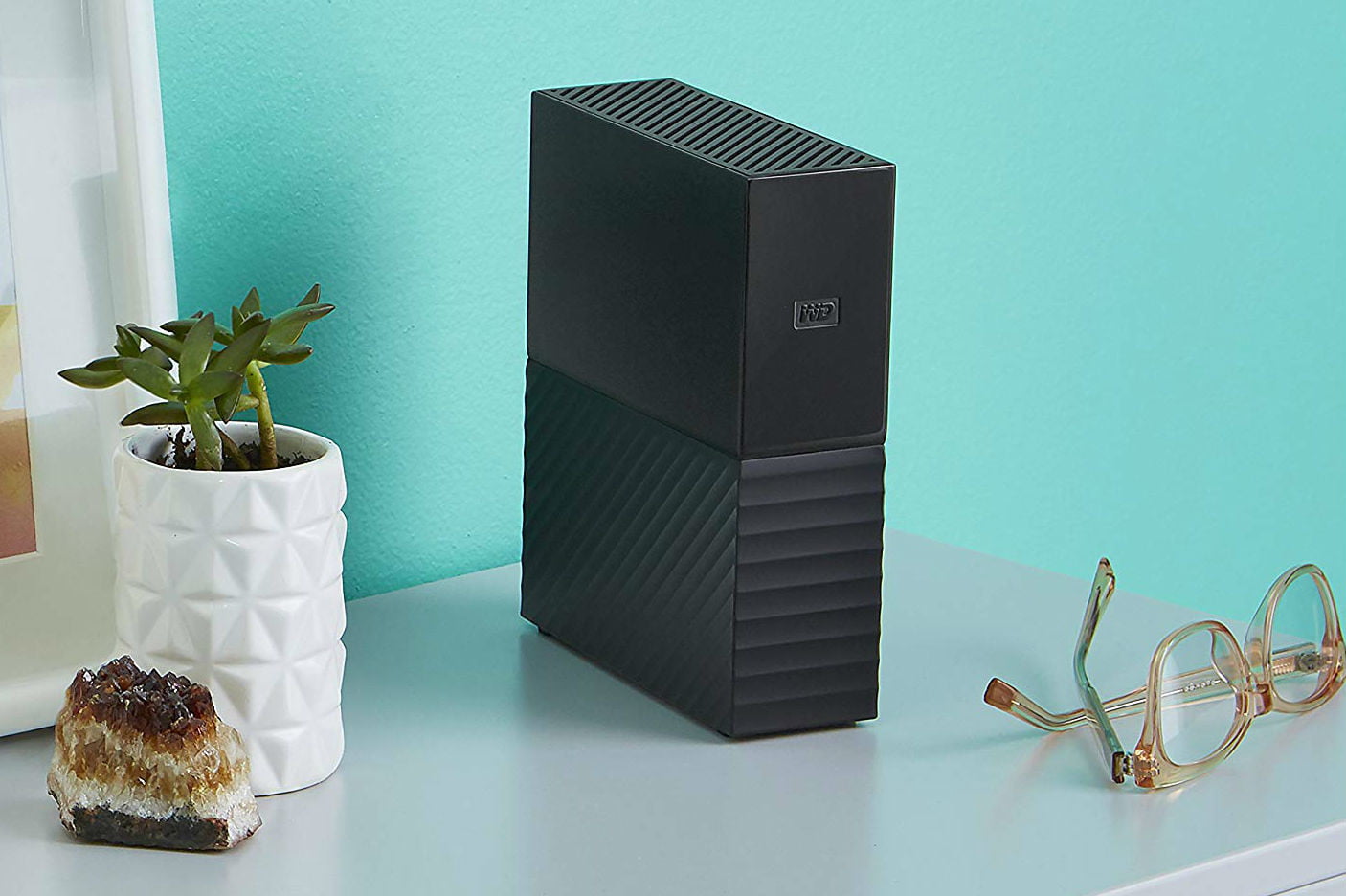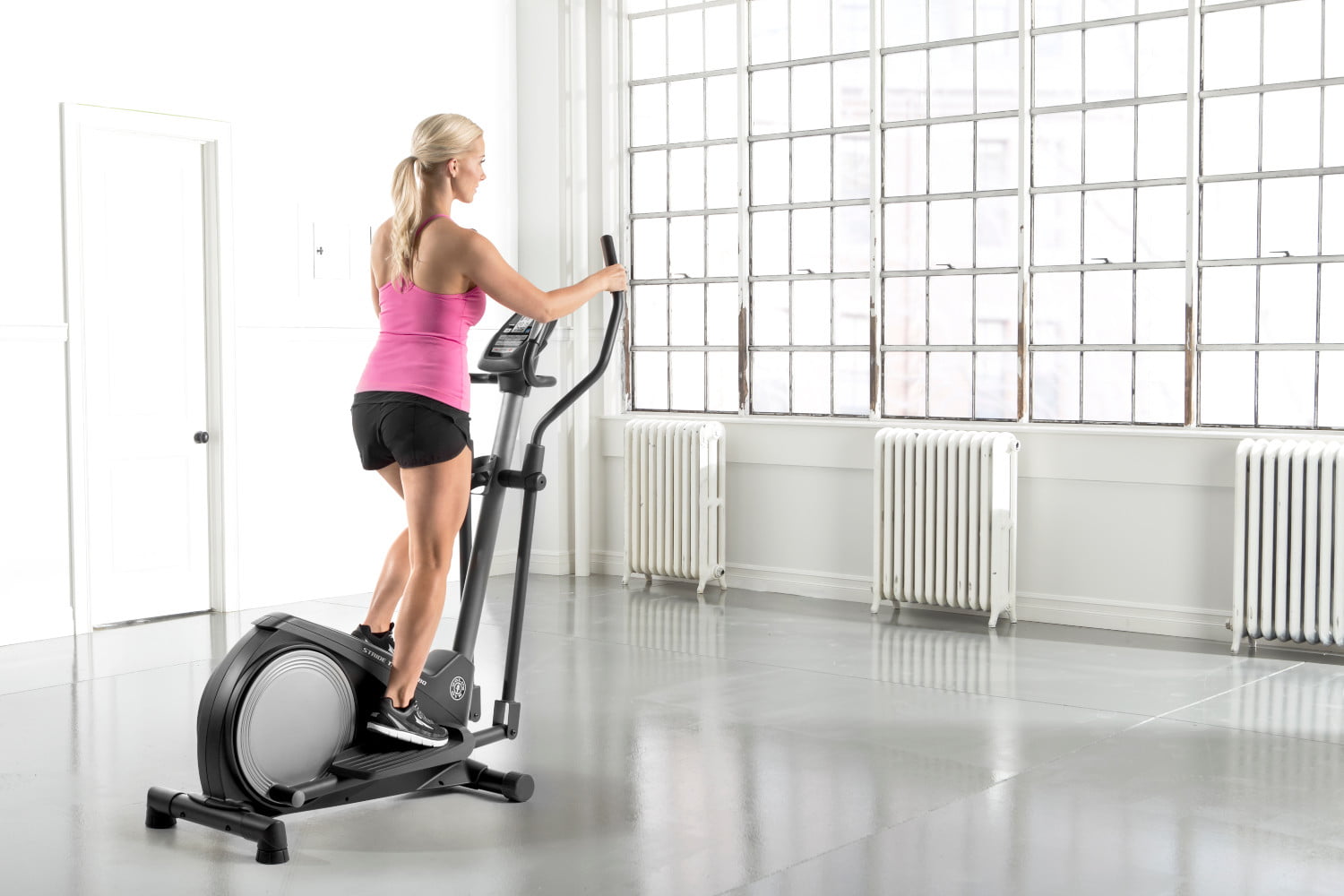Online cloud services are a popular way to store data nowadays, but nothing beats the safety and peace of mind that comes with keeping your digital goods on your own physical hard drive (and the “cloud” is really just someone else’s computer, anyway). External hard drives comprise a pretty broad market that covers everything from compact portable HDDs to business-grade network-attached storage systems, but whatever you’re after, we’ve probably got it here. Read on to see all the best cheap external hard drive deals and discounts available this month.
Today’s best external hard drive deals
How to choose an external hard drive
The first two steps of choosing an external hard drive are setting your budget and determining what size you need. As cheap as storage is per gigabyte nowadays, the classic trade-off of hard drive size versus portability still holds; basically, is your primary consideration storage space or physical size? If your external hard drive is for home and office use at a single workstation and will more or less sit in one place, then storage space is more valuable than mobility. If, on the other hand, you’re frequently ferrying data around from one PC to the next, then a portable hard drive might be a better choice, even if you’re sacrificing some storage space for a smaller footprint.
What exactly you are using your hard drive for will also factor into your purchase decision. If your external HDD or SSD is just for file storage, then this is rather simple, but if you’re going to be regularly reading and writing to your external storage (for example, doing video editing right from the drive itself rather than from your computer’s system drive), you’ll want to be sure you get something that has good read and write speeds and that uses up-to-date connectivity standards such as USB 3.0. For more details about external hard drive designs and features to look for when making your purchase decision, read on.
HDD vs. SSD
Storage drives mostly fall into two main categories: traditional hard drives, or HDDs, and solid-state drives, or SSDs. Most hard drives, until recently, were mechanical HDDs. These have moving disks (called platters) inside, where the data itself is written and read. These traditional hard drives have largely fallen out of favor for use as system drives, but their larger capacities and much cheaper per-gigabyte cost means they are still a very popular choice for external storage use.
In recent years we have witnessed the solid-state drive revolution. These drives are basically a type of flash memory, where data is written onto chips rather than magnetic platters — that means no moving parts, which in turn means faster read/write speeds as well as (in theory) increased long-term reliability. However, these drives are typically smaller and considerably more expensive per gigabyte than HDDs; the trade-off is that they are what you’ll typically find when looking for portable external hard drives that are small enough to carry around in your pocket.
There are also hybrid hard drives, sometimes called SSHDs. These hybrid drives are essentially HDDs that feature built-in flash storage (usually a fairly small amount) where your most-used files are stored and read, combining much of the responsiveness of SSDs with the larger storage capacity of HDDs. These could be worth the price if you need the boosted storage of an HDD but expect to actively read and write to the external drive a lot.
Are all external hard drives SSDs?
Pretty much any hard drive can be used as an external drive with an appropriate hard drive enclosure, and these are available as both SSDs and HDDs. Although SSDs are quickly replacing HDDs for use as internal system drives (the hard drive inside your PC where your operating system and other software are installed), HDDs still remain hugely popular for external use since they are much, much cheaper per gigabyte and thus give you a lot more storage capacity for your dollar.
Are external hard drives reliable?
An external hard drive is simply any HDD or SSD — just like the ones found in laptops and desktop PCs — that’s inside an external enclosure. This enclosure features some means of connecting the hard drive to your computer or another device, usually a USB port, and may also (depending on its size) have some sort of power adapter. What that means is that an external hard drive will be about as reliable as any internal hard drive so long as it comes from a reputable manufacturer. Stick with proven makers like Western Digital, Seagate, SanDisk, Samsung, and Kingston, and your data should be in safe waters.
Are external hard drives fast?
A very important thing to consider is read and write speeds (the speeds at which data is downloaded from and uploaded to the hard drive), but this is less of a potential pitfall than it was in the past. Even traditional rotary hard drives (HDDs) offer pretty solid read/write speeds today, with 7,200rpm being the standard. Be sure to double-check this and avoid any that use the older 5,400rpm standard, although these are less common now. Solid-state drives naturally offer the best read/write speeds, but, as explained above, offer the least value per gigabyte.
Also, don’t overlook connection speeds. The fastest read/write speeds will be bottlenecked when transferring data over a connection that uses an older standard like USB 2.0. Make sure your external hard drive uses at least USB 3.0 (which is about ten times faster than USB 2.0 by comparison).
Do external hard drives need power?
Hard drives are electronic devices that need power from some external source, but that’s not to say that all external hard drives need to be plugged into a wall. Most can typically draw enough power over the same USB connection that they use for transferring data, but larger HDDs may require an external AC adapter that will come with the hard drive. This isn’t a huge problem for most but it is something to be aware of if power outlets are prime real estate where you’re going to be setting up your drive.
Looking for more great stuff? Find tech discounts and much more on our curated deals page.


